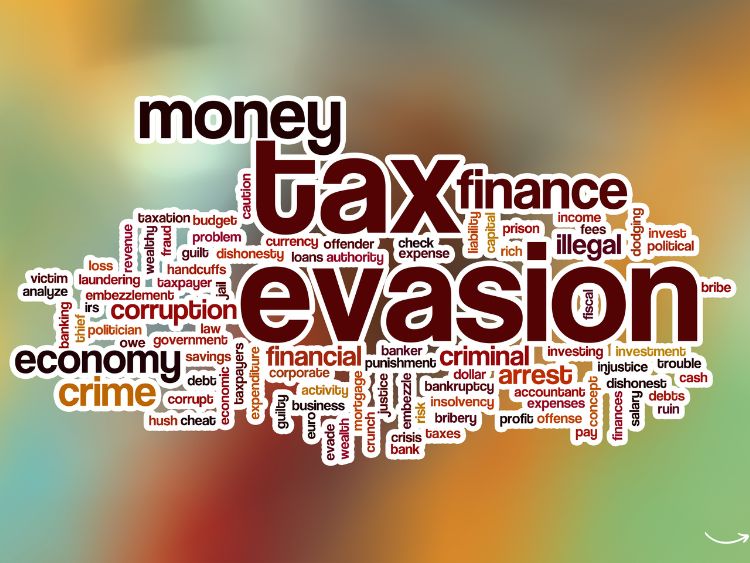Tax evasion is a serious offense that has seen individuals from all walks of life face severe consequences. Interestingly, even niche professions like voice coaching are not immune to these legal pitfalls. In this article, we’ll dive deep into the phenomenon of voice coach tax evasion, exploring how it happens, why it matters, and what can be done to prevent it. Whether you’re a voice coach yourself or simply interested in the topic, this comprehensive guide will shed light on an often-overlooked issue in the world of taxes.
Understanding Tax Evasion
What is Tax Evasion?
Tax evasion refers to the illegal practice of not paying taxes by not reporting all taxable income, by not reporting income accurately, or by taking unauthorized deductions. It’s a criminal offense and can result in hefty fines, legal penalties, and even imprisonment.
How Does Tax Evasion Occur?
Tax evasion can occur in various ways:
- Underreporting Income: Not declaring the full amount of income earned.
- Inflating Deductions: Claiming more expenses than were actually incurred.
- Hiding Money Offshore: Placing money in overseas accounts to avoid taxation.
- Cash Transactions: Accepting payments in cash and not reporting them to tax authorities.
Why is Tax Evasion a Big Deal?
Tax evasion undermines the integrity of the tax system, leads to a loss of government revenue, and creates an uneven playing field. Honest taxpayers end up bearing a greater burden, which can lead to resentment and non-compliance.
Voice Coach Tax Evasion: Why It’s a Problem
The Voice Coaching Industry
Voice coaching is a profession that involves training individuals to improve their speaking or singing abilities. It can encompass a wide range of services, from teaching public speaking to vocal training for singers.
Vulnerabilities in the Industry
The voice coaching industry has certain characteristics that make it susceptible to tax evasion:
- Cash Payments: Many clients prefer to pay in cash, making it easier to underreport income.
- Freelance Work: Voice coaches often work as freelancers, which means they may not have formal employer-issued income records.
- High Deductions: The profession involves various deductible expenses like travel, equipment, and training materials, which can be inflated.
Notable Cases of Voice Coach Tax Evasion
While specific cases of voice coach tax evasion are not always publicized, the principles can be illustrated by looking at similar professions. For instance, freelancers in other creative fields have faced legal troubles for tax evasion, highlighting the risks for voice coaches.
Preventing Tax Evasion: Best Practices for Voice Coaches
Keep Accurate Records
Maintaining detailed records of all income and expenses is crucial. Use accounting software or hire a professional accountant to ensure accuracy.
Report All Income
Regardless of how small the amount, report all income received. This includes cash payments, online payments, and any other forms of compensation.
Understand Deductions
Be aware of what expenses are deductible and ensure they are legitimate. Overclaiming deductions is a common red flag for tax authorities.
Use Professional Help
Hiring a tax professional can help navigate the complexities of tax filing and ensure compliance with all regulations.
FAQs About Voice Coach Tax Evasion
What happens if a voice coach is caught evading taxes?
If caught, a voice coach could face fines, legal penalties, and potentially jail time. The severity depends on the amount evaded and the intent behind the evasion.
Can legitimate mistakes be considered tax evasion?
Tax evasion involves intentional deceit. Honest mistakes, if corrected promptly, are usually treated differently, often with lesser penalties.
How can a voice coach ensure they are compliant with tax laws?
By keeping detailed records, reporting all income, understanding deductions, and seeking professional help, a voice coach can ensure compliance with tax laws.
Summary
Tax evasion is a serious issue that can have significant repercussions for voice coaches. By understanding the risks and implementing best practices, voice coaches can avoid the pitfalls of tax evasion and ensure they are on the right side of the law. Remember, accurate reporting and professional advice are key to maintaining compliance and avoiding the severe consequences of tax evasion.
